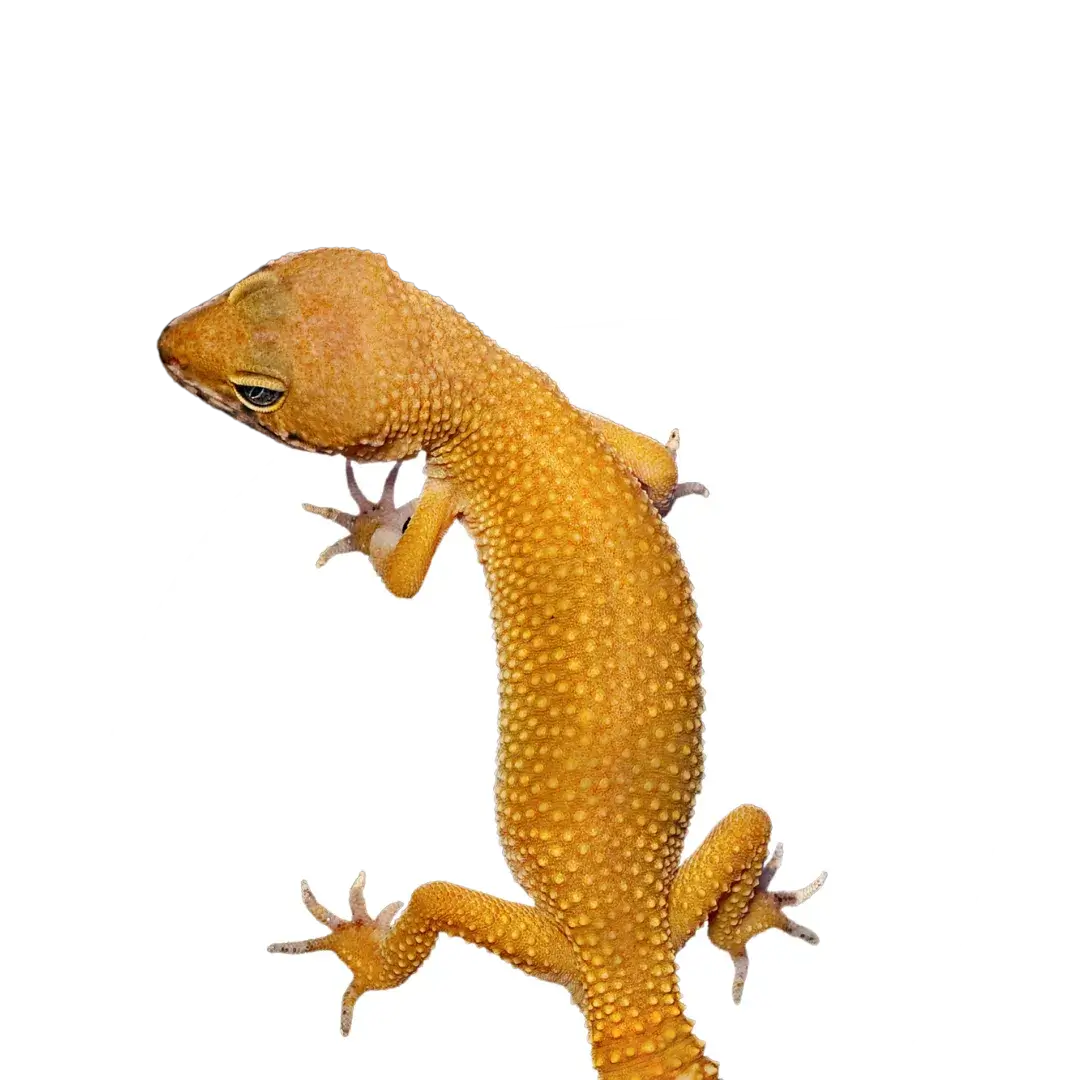

Often, it's a change in appetite or activity level. A gecko that suddenly stops eating for two days is a concern.
Some are. Parasitic diseases are highly contagious between geckos. Always quarantine a sick gecko immediately.
It's an evolutionary survival mechanism. In the wild, showing weakness makes them easy prey.
An annual wellness exam, including a fecal check, is recommended, especially for older or breeding geckos.
Yes. A refusal to eat can also be caused by a lack of proper heat (leading to digestive shutdown) or severe systemic conditions like gout.
Your pet deserves expert care – Subscribe now for trusted tips and updates from our pet experts.
